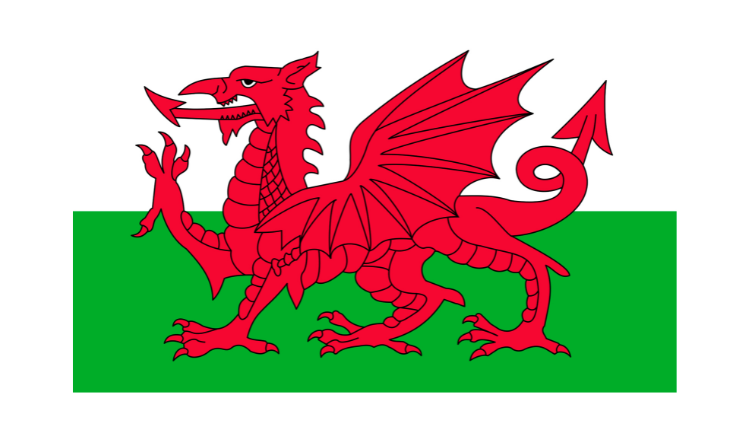Samantha Gordon
What is the significance of assessing progress at this stage, why not wait until between three and four years when they’re ready for school?
As an early years SEND manager in a nursery supporting children with physical disabilities and neurodiversity, I look at the intention of the two-year check from our unique perspective and unpack why it matters for children with significant needs.
The Children and Families Act 2014 provides legal requirements for identifying and assessing needs and for making provision for SEND with use of the SEND Code of Practice as guidance. Within the code the two-year check is a statutory assessment to help identify developmental delays within any of the three prime areas of the EYFS and in line with the Health Visitors Healthy Child Programme review.
Why progress check at the age of two?
90% of brain development occurs before the age of five, which is greater than at any other time in life. The cognitive skills children develop within this period are indicators of the mental processes in a neurotypical brain. Skills such as thinking, remembering, problem solving are all functions used within the prime and specific areas of development in the EYFS. These functions also support communication, which is the foundation of learning across all areas. By two years old a child is expected to be using up to 50 single words correctly and progressing onto putting two words together, as a direct result of the interactions with their world and the responsive adults within it.
The Effective Provision of Preschool Education (EPPE) project found that children who experience quality interaction in settings make greater gains in cognitive development; especially those that are most disadvantaged.
Also, in September 2014 two-year-olds from low-income families receive funding to access quality early years provision in order to benefit from the favourable improvements attending the setting can offer. A well-positioned developmental check to recognise when a child is not yet meeting a number of expected milestones, is an indicator of need and time to initiate intervention.
Why not wait and see if the child will ‘grow out of it’?
Should concerns be significant enough to consider the Education, Health and Care Plan (EHCP) pathway, then a detailed assessment of a child’s needs evidenced through cycles of support is essential in painting a picture for the panel to consider if an EHC is necessary.
Each early support cycle can take up to six-weeks to thoroughly plan-do-review and set new targets; known as a graduated approach. If after three cycles the concerns of a developmental delay remain then specialist support is essential for the child.
The professionals advocate for up-to-three cycles of specialist intervention before issuing an EHC assessment request. In total, the process from concern raised in a two-year check to EHC request can consume an academic year (or more). Therefore, the closer to entry into school without identifying and intervening in a child’s needs can cancel out the cognitive developmental gains the EPPE project assured, with a detriment to the child’s outcomes.
Early years settings serve as support for children to lay the foundations for success in school and beyond. High quality provision benefits the most disadvantaged with government funds enabling access.
The two-year progress check provides a window of opportunity to intervene early which is advantageous for a child who will be better prepared for entry to school and throughout.



